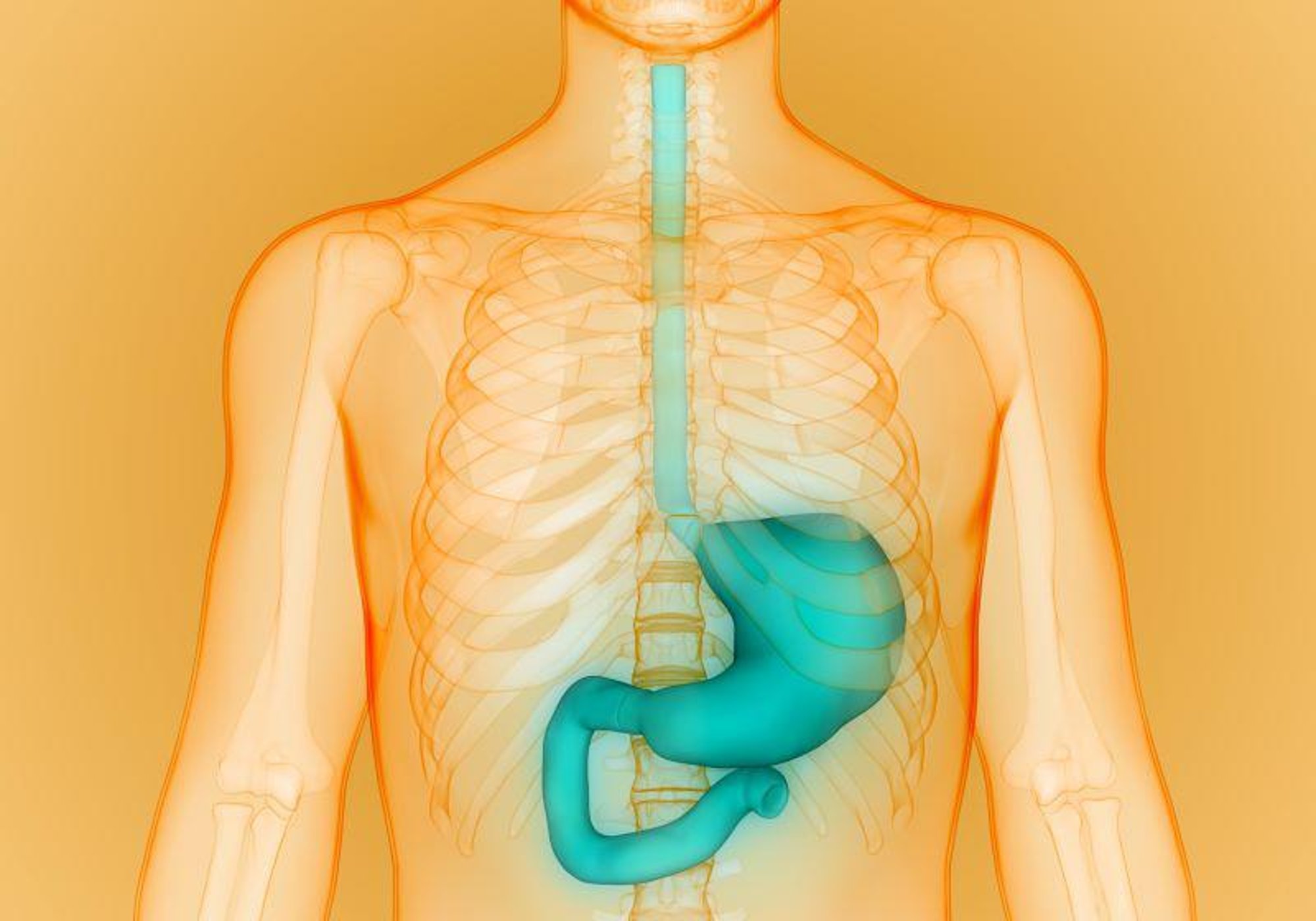Guidelines Updated for Barrett Esophagus Diagnosis, Management

FRIDAY, April 22, 2022 (HealthDay News) -- In a new American College of Gastroenterology guideline, published in the April issue of the American Journal of Gastroenterology, screening methods have been broadened and guidance has been updated on intervals and techniques of surveillance for patients with Barrett esophagus (BE).
Nicholas J. Shaheen, M.D., M.P.H., from the University of North Carolina at Chapel Hill, and colleagues developed updated guidelines for the diagnosis and management of BE.
The authors recommend that dysplasia of any grade detected on BE biopsies be confirmed by a second pathologist who has expertise in gastrointestinal pathology. Acceptable screening modalities for BE now include nonendoscopic methods. Both white light endoscopy and chromoendoscopy are recommended in patients undergoing endoscopic surveillance of BE. Length of BE segment should be considered when assigning surveillance intervals, with longer intervals reserved for those with BE segments <3 cm. Endoscopic eradication therapy is recommended in patients with BE with high-grade dysplasia or intramucosal cancer. For patients with BE who have completed successful endoscopic eradication therapy, an endoscopic surveillance program is recommended.
"This revised guideline synthesizes current best practices in the management of BE, with several key changes since the last iteration that reflect our evolving knowledge base," the authors write.
Several authors disclosed financial ties to the biopharmaceutical industry.
Related Posts
Risk for Acute MI Not Increased With Two-Dose HepB-CpG Vaccine
FRIDAY, April 1, 2022 (HealthDay News) -- The rate of type 1 acute myocardial...
Polypill Not Linked to Reduced Cognitive Decline in Seniors
MONDAY, Jan. 30, 2023 (HealthDay News) -- A polypill (antihypertensives and a...
Daytime Napping Tied to Incident Atrial Fibrillation Risk
FRIDAY, April 21, 2023 (HealthDay News) -- Daytime napping for more than 30...
Unos investigadores afirman que desarrollaron una prueba precisa de COVID de 4 minutos
MIÉRCOLES, 9 de febrero de 2022 (HealthDay) -- Una nueva prueba de coronavirus...
